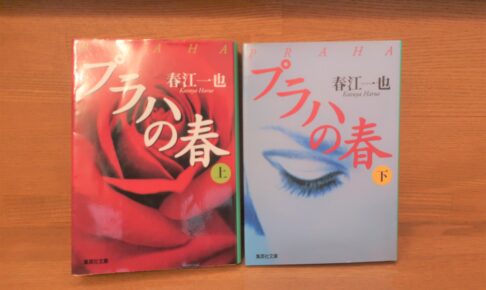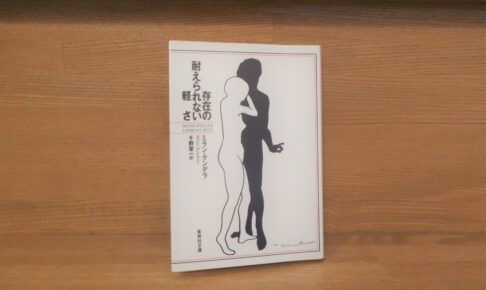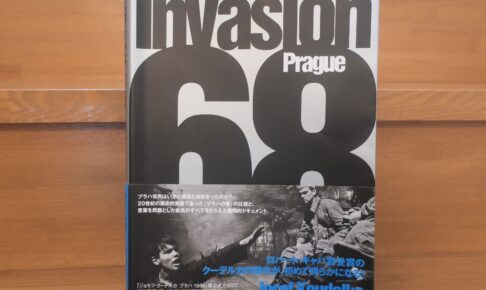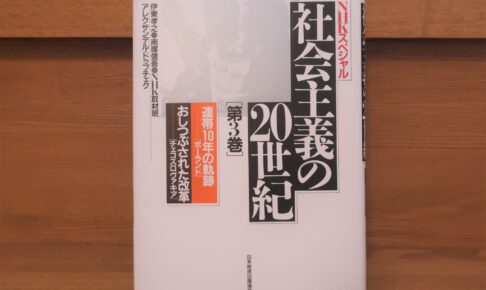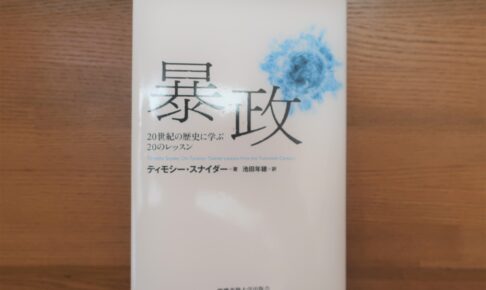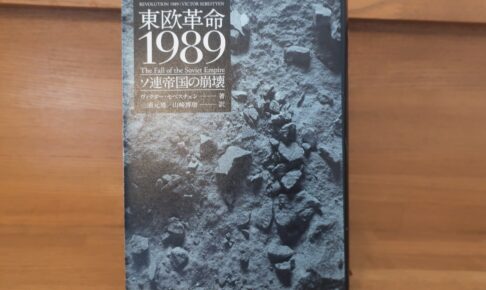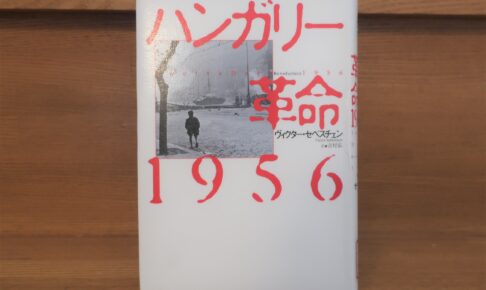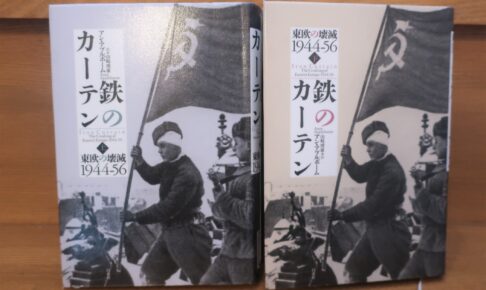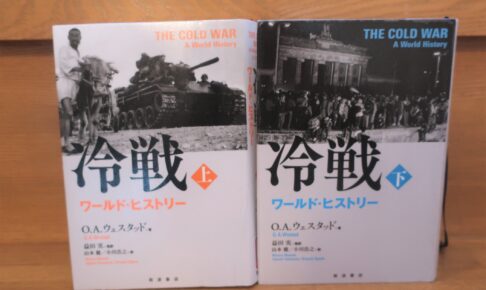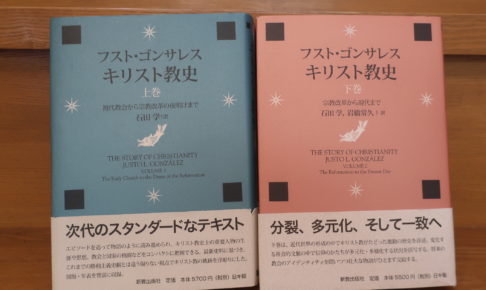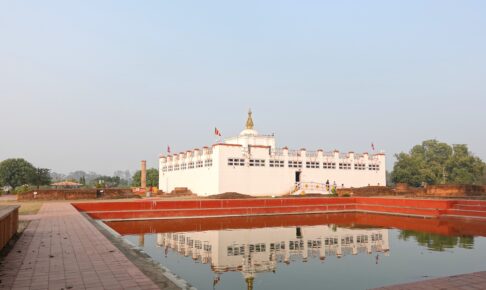Kazuya Harue's "Spring in Prague" Synopsis and Comments - Read this and you'll love Prague!
'And yet it is beautiful. Why is Prague so beautiful!" In this book, you can experience the world of "Why is Prague so beautiful? This book is guaranteed to make you fall in love with Prague. If you love Prague, you will love Prague even more. Please read this book!
I also think it is a very good piece of work that gives us an insight into the situation in Prague at the time.












